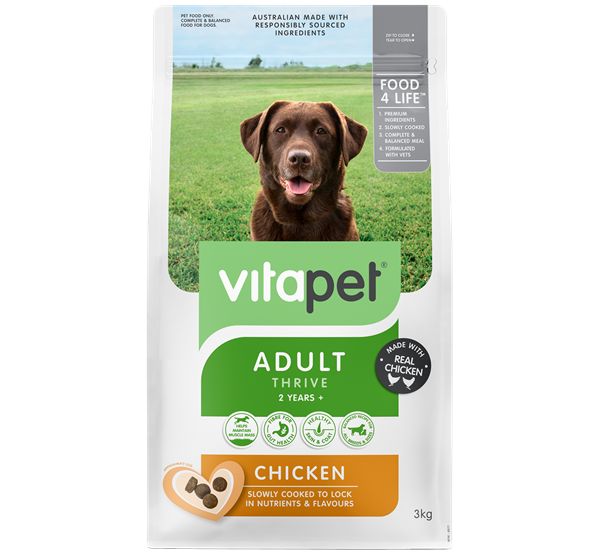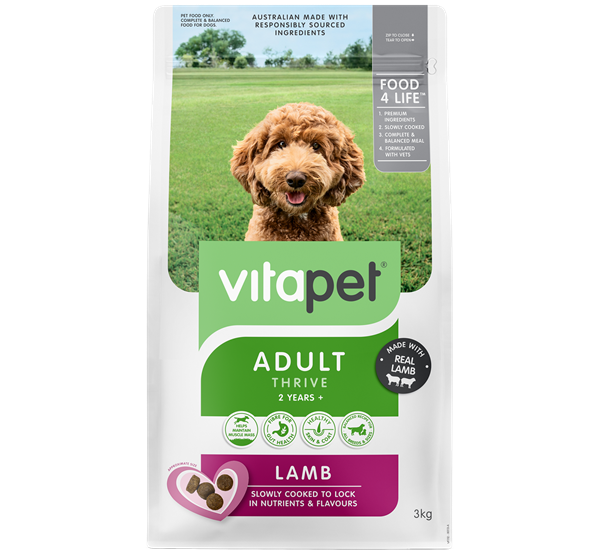If your dog is left alone in the backyard all day, you may notice unfavourable behaviours such as digging, excessive barking and destructive chewing. Your dog may be suffering from the backyard blues, but not to worry, there are some simple things you can do to help beat these backyard blues.
A dog's natural instinct is to be part of a pack. Pack animals in the wild would spend all their time with their pack. Wild dogs would hunt for food together, which allowed them to keep their brains stimulated and their bodies active.
So modern dogs being left alone in a yard with nothing to do will lead to boredom or anxiety and acting out.
Different breeds will also deal with the circumstances differently. For instance, working dogs need more exercise and mental stimulation than other breeds. If you fail to give them this, you're only asking for trouble.
How to Help a Bored Dog
If you've read my book Eat, Play, Love (your dog), you'll know I talk about the backyard blues and offer Tips for Beating the Backyard Blues. Let's get into some of these tips and how you can use treats or other positive reinforcement to help make your dog's life, and yours, much happier.
Ensure Sufficient Exercise
No matter what breed of dog you have, you're responsible for ensuring that they receive daily exercise appropriate for their age, breed and temperament. For most adult dogs, this would mean about 30 minutes of walking daily, whilst more active breeds require much more.
If you do have to leave your dog alone in the backyard or you struggle to reach their daily exercise needs, you should look into a dog walker to help achieve that goal. Even see if neighbourhood kids might do it for a lower cost, but understand that professional dog walkers understand the needs and requirements of dogs better.
Don’t Forget to Train
Obedience training will help you ensure you're able to meet your dog's mental stimulation needs. Keeping your training sessions short and fun will help them stay engaged, work their brains and expel some energy. It also allows you to promote the desirable behaviours you want to see more of in your dog rather than unwanted ones. You also get to show your dog leadership and help reduce their stress and confusion in an uncertain world.
5-10 minutes of training every day before and after work will help make a difference in your dog's overall behaviour.
Trigger their Senses
The sense of smell is a dog's strongest sense. Our dogs absorb the world around them through their nose. If you can tap into this sense when you have to leave them alone, it will significantly help.
One way to do this is to hide treats or your dog's dry food, if you feed them kibble, around the house for them to sniff out and find.
Using their favourite treat will definitely up the ante on this treat treasure hunt.
Try some Toys
Another way to trigger a dog's sense of smell but also engage their brain is using treat dispensing toys or puzzles. When I leave, I like to cut up a VitaPet Chicken or Milky Stick into smaller pieces and put them into a treat-dispensing toy. Cutting the treat up means I avoid feeding my boys more than the recommended 10% of their daily calorie intake in treats.
Divert the Digging
If you notice holes appearing in the yard when you get home. Your dog has likely taken up the new habit of digging. Ensure your pup has enough shade or cover to protect them from the weather.
The digging may also be due to boredom rather than seeking shade or protection.
If it is due to boredom or anxiety or they just love to dig, you should get them a sandpit to save your yard. A sandpit offers them a spot to dig that you're happy with, and you can bury treats or toys to encourage them to dig in just that one spot.
Similar to the interactive toys and the “treat treasure hunt” inside, hiding treats or toys in a sandpit is a great way to mimic the foraging for food dogs do in the wild.
If your dog has gotten into the bad habit of destroying your garden bed or digging under the fence, make sure to block these areas to help divert the digging.
Use Long-Lasting Chews
Another great option to help with beating the backyard blues in dogs is using long-lasting chews. You want to be careful that there isn't any risk of choking, so if your dog is prone to swallow even long-lasting treats quickly, they may not be the best option. If your pup will be occupied and safe with a VitaPet Lambs Ear or Rawhide Alternative Chew, see if a neighbour will pop one around as a way to top off your dog's day.
If you use all these “beating the backyard blues” tips combined, you should have a fulfilled dog rather than a frustrated one. This could mean having a pup resting in the evening because they've been occupied during the day.
Rest is also essential to keeping your dog healthy and any problematic behaviour at bay.
Head to the Pooches at Play website and search brain games to see the Vitapet treat treasure hunt in action, and see here for more info about the VitaPet treat range.
























